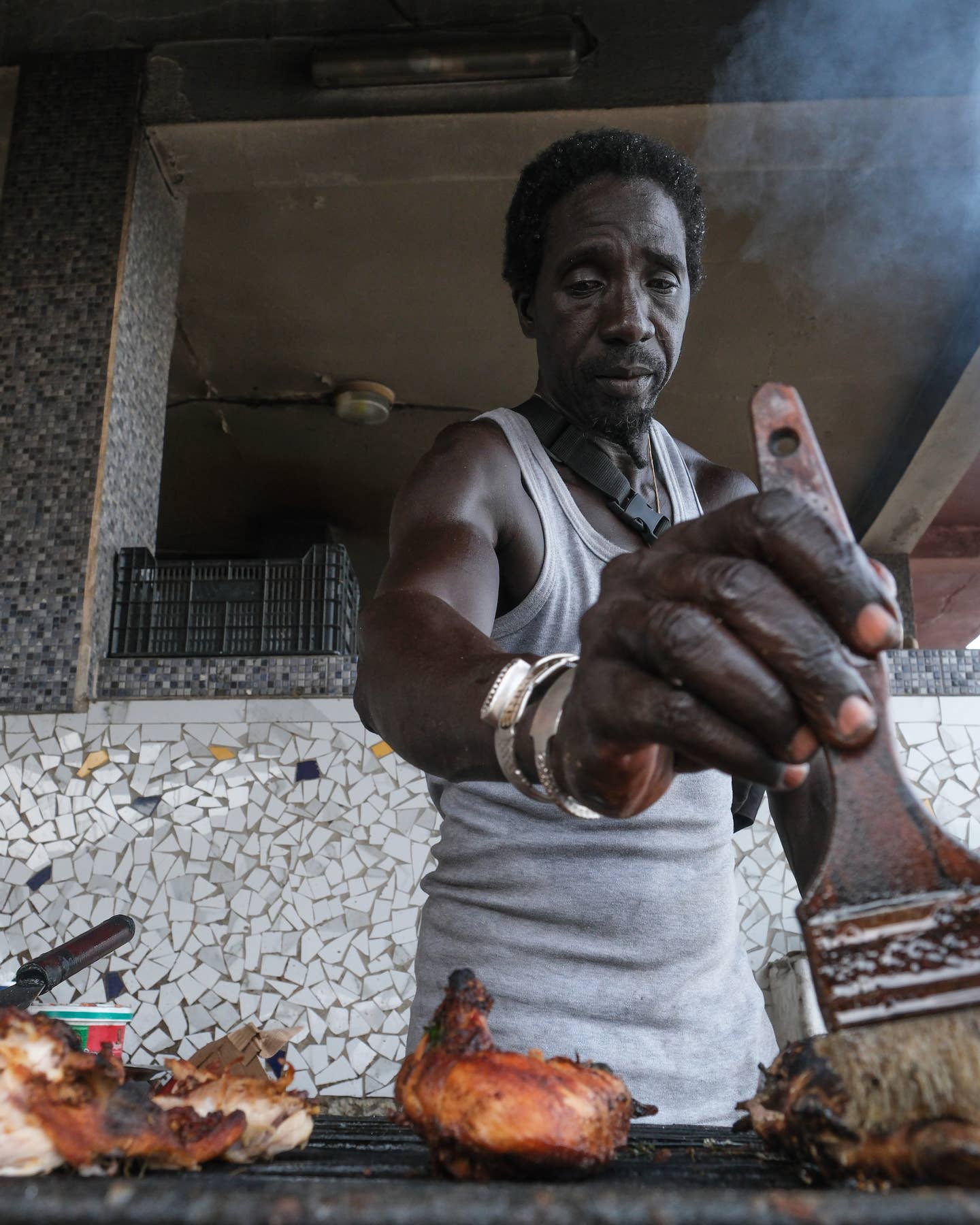
People in Toronto Are Lining Up for Brunch at a Pop-Up Restaurant Run by Syrian Refugees
Get your ticket for a meal at Newcomer Kitchen before it sells out
The hottest new brunch in Toronto doesn’t come from a Michelin-starred restaurant, and it doesn’t feature a trendy pastry mashup. It’s a pop-up staffed by Syrian refugees.
Filmmaker Kelli Kieley has been documenting Newcomer Kitchen since she met its co-founder, Len Senater, earlier this year at the project's beginning planning stages. "At the time it was just such a beautiful story," she said. "I just started going, and I didn't know exactly how amazing this project was going to be, but I knew that it was beautiful, and it has been growing so quickly."
When Senater heard about the growing refugee population in Toronto, his first thought was about their kitchens. How could they cook for themselves, he wondered, if they were staying in hotels for weeks or months? Senater, who founded event and kitchen space The Depanneur, thought that he could give them access to a kitchen so they could cook for themselves and their families. "We invited these ladies, and they cooked this amazing food," he said.
The food was so compelling he figured the rest of Toronto would love it. “I thought, what if these Syrian ladies could do Syrian brunch? It would be delicious and fun.” The pop-up saw its first customers in April for Thursday dinners, and the brunch is a recent addition to this popular project. They both sell seats through reservable tickets. Senater says every seating has completely sold out, and tickets for the newly added Saturday meals are almost all spoken for as well.
The pop-up is the first of its kind in Canada, and something of a rarity for Syrian restaurants anywhere. In Syria, women run home kitchens while men tend to operate restaurants, but at Newcomer, the women are decidedly in charge, and they bring dishes and perspective frequently lacking from Syrian restaurants overseas. That includes dishes like salutet sabaneh, a mix of spinach, chickpeas, mushrooms, and onions topped with a fried egg, and helawiyaat, figs and dates stuffed with walnuts and almonds, topped with syrupy grape molasses.
Of course, the endeavor isn’t without its challenges, including getting home cooks—albeit incredibly capable ones—to adapt to restaurant needs. Senater says, “When we tell them we need to make bread for 20 people, they just pour a bunch of flour into a container and say that’s enough for 20 people. They don’t know how much is actually in there, they just know that that’s enough for 20 people. We have to go and scoop it back out to figure out how much is actually there.”
Senater adds that even though the cooks are always exactly right in their portioning, he has trouble managing their inventory and ingredient requirements.
Kieley and Senater both have strong feelings about the positive impact of the pop-up. In Senater’s experience, the project has shown him a cuisine that he wouldn’t have otherwise found in Toronto, and he hasn’t only gotten to taste it, but also learn about its importance and place in global cuisine. “This is an incredibly ancient culinary tradition,” he says, which means that giving these women an outlet to cook and continue practicing their culture is all the more important. “What happens to all that accumulated cultural knowledge and wisdom if there isn’t a place where they can showcase regional differences...it’s important that they are allowed to continue.”
For Kieley, the takeaway is also about how people will view refugees more broadly. About her documentary, she says, “I certainly would like for it to open minds and hearts, so that you see the humanity of people and have the courage to open your door, open your eyes, be willing to reach out to someone.” She said that the news surrounding refugees can cause people to shut down a bit, but Kieley firmly believes action is needed. “Take the time to do what you can,” she said.
Kieley's full film, Making Mamoul Without a Mold, will be released in 2017. Read more about Newcomer Kitchen here. To reserve tickets, check out this Eventbrite page.
Keep Reading
Continue to Next Story










